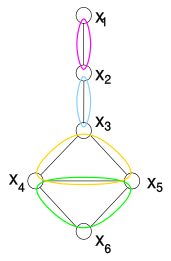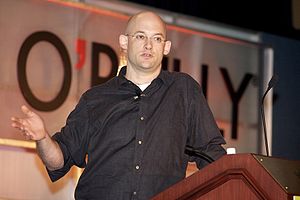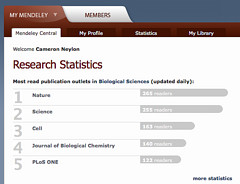
For a long time it was difficult for evolutionary biology to make sense of a (male) peacock’s tail. Clearly it is involved in courtship but the investment in growing it, and the disdvantage of carrying it around, would seem to be a disadvantage over all.






